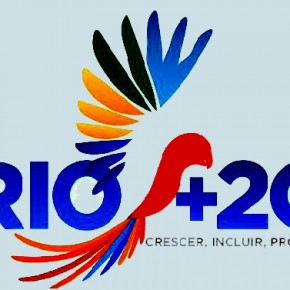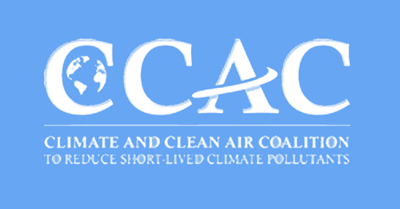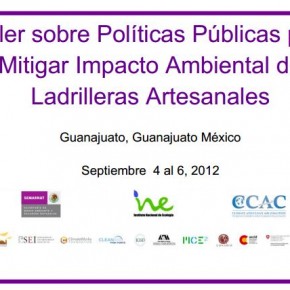
Taller sobre Políticas Públicas para Reducir Impacto Ambiental de Ladrilleras Artesanales
Guanajuato, Guanajuato Mexico Septiembre 4 al 6, 2012 Hotel Sede Hacienda Misión Guanajuato Camino antiguo a Marfil Km. 2.5 Col Noria Alta C.P. 36050 Guanajuato, Gto. Tel. Hotel 01 (473) 732 3980 ext: 1645 http://www.ine.gob.mx/descargas/dgcenica/2012_ladrilleras_prog_esp.pdf Organizan La Secretaría de Medio Ambiente y Recursos Naturales (SEMARNAT) a través del Instituto Nacional de Ecología y la Coalición de...
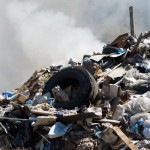
Comprehensive Four-Year Study Finds Black Carbon Second Biggest Climate Pollutant Behind Carbon Dioxide
Double previous climate change estimates Even stronger in Arctic, darkening snow and ice and accelerating warming; may also change Asian Monsoons Diesel engines best mitigation targets, followed by residential cook stoves, brick kilns, other sources Washington, DC 15 January 2012 – Black carbon is the second most powerful climate pollutant behind only carbon dioxide, according to a...
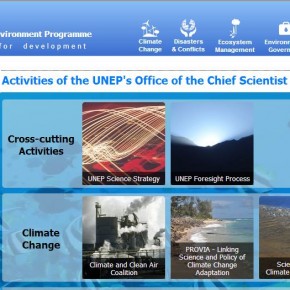
Lanzamiento sitio “UNEP’s Office of the Chief Scientist”
Lo invitamos a visitar el sitio web recientemente lanzado de “UNEP’s Office of the Chief Scientist” . El sitio web tiene por objeto informar a la comunidad científica acerca de las actividades científicas del PNUMA y también le da la oportunidad de aportar a distintos trabajo. Los invitamos a visitar este nuevo sitio (disponible en inglés)...
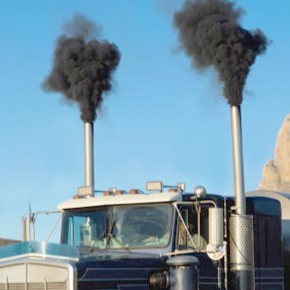
Ministros de 25 países se comprometen a una ampliación en la Acción Voluntaria para reducir los Contaminantes Climáticos de Corta Vida.
Doha (Qatar), 6 de Diciembre de 2012 – Seis nuevos países se reunieron hoy con un esfuerzo internacional destinado a la acción rápida en la reducción de carbono negro, metano, algunos hidrofluorocarbonos (HFC) y otros contaminantes climáticos de vida corta (SCLPs). El anuncio hecho por Chile, la República Dominicana, Etiopía, Maldivas, los Países Bajos y...

South Africa, other climate vulnerable African countries support fast action to reduce HFC climate pollutants under Montreal Protocol
Contact: Danielle Grabiel in Geneva: +1.202.441.8371, dgrabiel@igsd.org or Nathan Borgford-Parnell in Washington, DC: +1.202.338.1300, nborgford-parnell@igsd.org South Africa, other climate vulnerable African countries support fast action to reduce HFC climate pollutants under Montreal Protocol “No Need to Reinvent the Wheel” Geneva, 16 November 2012 – Low-lying island States lead by the Federated States...
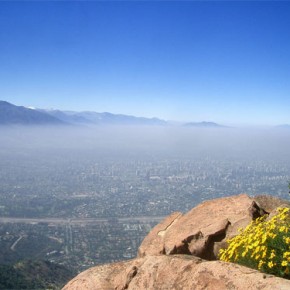
Global air quality to worsen significantly under ‘business as usual’ human activity
Global air quality will significantly deteriorate by 2050 unless further steps are taken to cut current emissions from human activities, according to recent research. Most people around the world will be affected by worsening air quality with hotspots of particularly poor air occurring in China, northern India and the Middle East. Despite measures to abate...
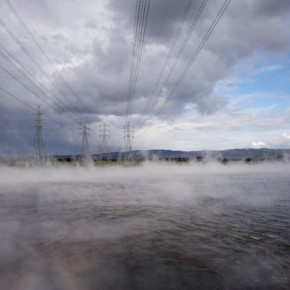
A Climate Success Story to Build On
In the early 1970s, scientists discovered the first human threat to the Earth’s atmosphere — the threat from chlorofluorocarbons, or CFCs, to the stratospheric ozone layer. The ozone layer shields plants and animals, including humans, from deadly ultraviolet radiation. If the ozone layer were depleted as a consequence of human activities, millions of Americans would...
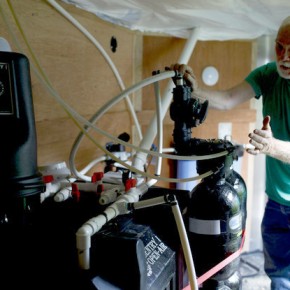
Methane Making An Appearance In Pa. Water Supplies
August 28, 2012 Mike and Nancy Leighton’s problems began on May 19, just as Mike was settling in to watch the Preakness Stakes. A neighborSlides in Leroy Township, Pa., called Mike and told him to check the water well located just outside his front door. “I said, ‘I’ll be down in 15 minutes.’ I wanted to...
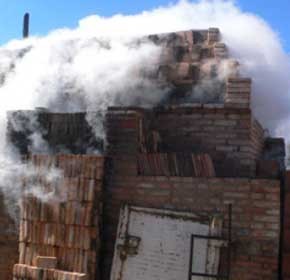
Coalition targets brick production to achieve quick-wins for public health, the climate and development
Guanajuato, Mexico, 4 September 2012 – Modernising brick production in developing countries to improve public health and dramatically reduce climate and air pollution is the focus of an ambitious global initiative launched today in Mexico. Traditional brick production has been identified by the Climate and C lean Air Coalition to Reduce Short-Lived Climate Pollutants (CCAC)...
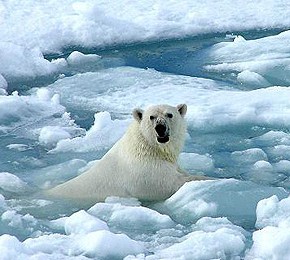
Arctic sea ice declines to record low
http://blogs.nature.com/news/2012/08/arctic-sea-ice-declines-to-record-low.html?utm_source=feedburner&utm_medium=feed&utm_campaign=Feed%3A+news%2Frss%2Fnewsblog+%28News+Blog+-+Blog+Posts%29&WT.ec_id=NEWS-2012082827 Aug 2012 | 21:33 BST | Posted by Jeff Tollefson | Category: Earth, environment & ecology With a few weeks in the melt season yet to go, Arctic sea ice has broken the record for minimum summer extent. Satellites registered 4.1 million square kilometres of sea ice on 26 August, edging out the record of 4.17 million square kilometres set on 18...
Latin Americans team up on an unprecedented effort to improve the climate and air quality with the creation of the Latin American Network for the Reduction of Short-Lived Climate Pollutants (RACC)
August 22, 2012 – Non-governmental organizations from Argentina, Brazil, Chile, Mexicoand Paraguayhave partnered with renowned scientists to create the Latin American Network for the Reduction of Short-Lived Climate Pollutants. The network will coordinate local and regional actions and strategies for reducing these climactic precursors with the goal of mitigating climate change and improving air quality. The...

